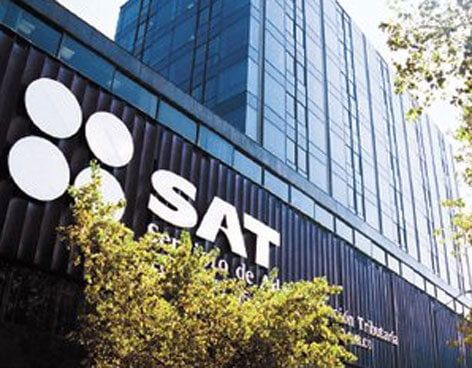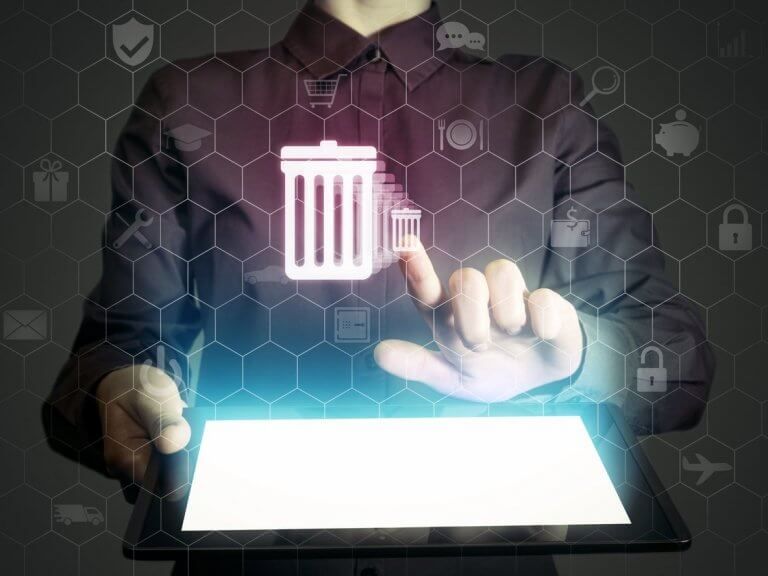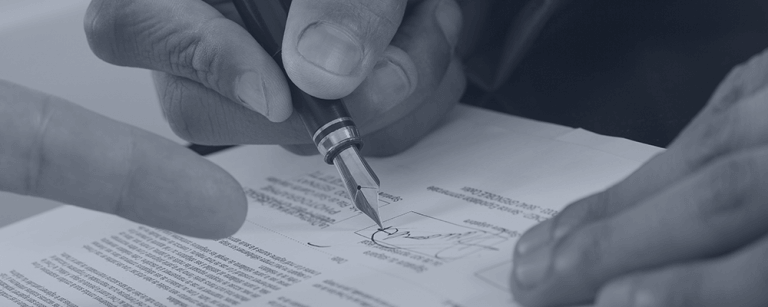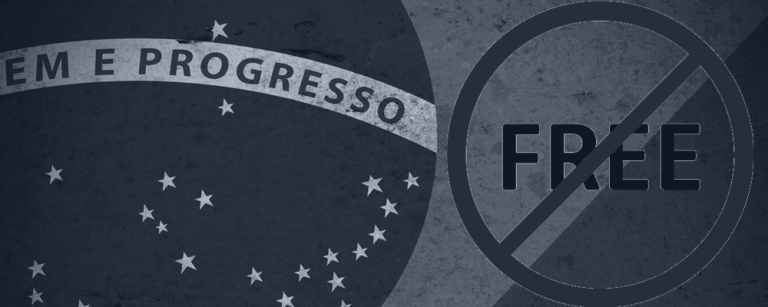Blog

Most professionals in the e-invoicing world naturally strive towards a paper-less community, where financial transactions are exchanged as electronic messages in formats such as EDIFACT and XML. This is a vision that is worth pursuing and is a near reality in Latin American countries, such as Mexico and Peru where progressive government initiatives and requirements […]

Businesses Selling in Italy Must Prepare Over the last few years, Italy has proposed a series of tax reforms intended to close their substantial “VAT Gap.” At the beginning of this year, Italy finalized their plans to impose a significant new compliance obligation on businesses selling in Italy, B2B eInvoicing. Businesses will need to deploy […]

The Colombian tax administration (DIAN) enacted Resolution 000072 of December 29, 2017, by which it establishes the first wave of taxpayers that will be mandated to issue and report electronic invoices in Colombia. This resolution is fundamentally different from the original draft resolution published by the DIAN in November 2017 for public consultation. In that […]

La Dirección de Impuestos y Aduanas Nacionales (DIAN) emitió la Resolución 000072 del 29 de diciembre de 2017, en la cual se establece la primera ronda de contribuyentes que deberán emitir y reportar facturas electrónicas en Colombia. Esta resolución es esencialmente diferente del proyecto de resolución original que la DIAN había publicado en noviembre de 2017 […]

Chile’s move to this monthly VAT declaration proposal removes taxpayers’ obligation to submit the ledger of sales and purchases (libros). Instead, the SII is now preparing the Registry of Sales and Purchases, called an RCV, which records information related to all sales and purchases based on electronic invoices and documentation. With this information, the SII […]

The future of business transaction compliance with tax and other legal requirements calls for government approaches that cater for the unlimited diversity of business processes; real-time controls are one promising avenue to do that, but on the condition that business data to be sent to government platforms maps organically onto existing business definitions of trading […]

After announcing the largest change to its eInvoicing schema in years in late 2016, Mexico also announced a major update to its eAccounting mandate in January 2017. Though the SAT, Mexico’s authority, did not announce a specific implementation timeline for eContibilidad 1.3, it caught businesses off-guard when it began enforcing the measures in October. The […]

One of the reforms implemented in 2017 which has had a significant impact for Mexico’s fiscalization is the introduction of ‘proof of payment’. This reform outlines how in certain circumstances, when a buyer’s payment is executed as part of a commercial or financial transaction, the seller has an obligation to issue and deliver an electronic […]

In late November, Colombia executed its authority to mandate electronic invoicing compliance prior to the official January 2019 deadline. The DIAN, Colombia’s tax and customs administration, published a draft of this resolution, which specifies the companies will be subject to eInvoicing. Specifically, this resolution will apply to: a) Those designated by the DIAN as “large […]

Some of the biggest business buzzwords of 2017 are without a doubt tied to the themes of privacy, integrity and personal data protection. Rightly so; these are important considerations for any organisation, and with the entry into force of the EU General Data Protection Regulation (more commonly referred to as GDPR) looming only 6 months […]

Interview with Christiaan van der Valk, Vice-Chair of the ICC Commission on the Digital Economy. This interview was originally published by the International Chamber of Commerce at: https://iccwbo.org/media-wall/news-speeches/real-time-controls-changing-trade-know/ What ICT trends are currently on your business’s radar? There are many trends, but I’d say that one of the most significant is where companies are increasingly […]

By January 2019, all companies that pay VAT in Colombia will be required to comply with mandatory e-invoicing as the country aims to curb tax evasion and increase collections. However, businesses with operations in Colombia must begin preparing now. Here are 5 considerations that every company planning their VAT compliance strategies in Colombia should know: […]

One of the aspects of Sovos’s checklist for ‘globally compliant archiving’ that we get most questions about is off-boarding. We’d like to share the answers to key frequently asked questions regarding this notion below. What do we mean by archive off-boarding? Put simply: it should be possible – operationally, technically and legally – to leave […]

When I read this recent social media initiative by CloudTrade, my first reaction was a wave of nostalgia for the debate about VAT e-invoicing requirements that raged in Europe between 2005 and 2010. During those years, emotions ran high between e-signature haters and e-signature proponents in the context of B2B electronic invoicing. The first group […]

New and evolving VAT compliance and audit mandates are putting a lot of pressure on businesses, making them reevaluate how they internally manage indirect tax determination and reporting. Nearly one-third of CFOs told Grant Thornton that keeping up with the volume and complexity of compliance changes is one of their biggest challenges. Traditional compliance approaches […]

When the Miscellaneous Resolution for 2015 entered into force requiring the report of the Electronic Accounting (“eContabilidad” or eAccounting), a great number of taxpayers that considered that their constitutional rights were violated filed Amparos against this new mandate. The immediate result was that thousands of businesses received a suspension of the obligation of: Submitting or […]

It is not new that mandatory e-invoicing has flourished with notable strength in the recent history of taxation in Latin America. Ten or so years ago, the Latin American countries understood how technology could be of much assistance in fighting tax evasion, a well-known historical problem in that region, while also driving standardisation to support […]

These states are making the move away from free e-invoicing software for several reasons, including the sheer difficulty involved in managing technology capable of meeting Brazil’s compliance requirements. As they do for companies, compliance measures have been forcing these governments into the business of change management, constantly updating and maintaining software, but now they are […]